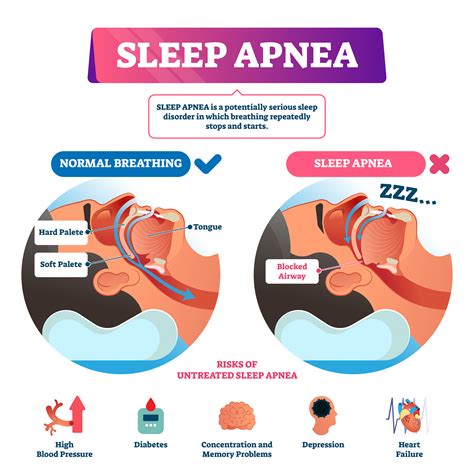How to Help Sleep Apnea: A Guide to Better Sleep and Health
Sleep apnea is a serious condition affecting millions, disrupting sleep and impacting overall health. Understanding how to help sleep apnea involves a multi-pronged approach encompassing lifestyle changes, medical interventions, and consistent monitoring. This guide provides actionable steps to improve your sleep and manage your condition.
Understanding Sleep Apnea
Sleep apnea is characterized by pauses in breathing during sleep, leading to fragmented rest and oxygen deprivation. The most common type is obstructive sleep apnea (OSA), where the airway collapses during sleep. This results in snoring, gasping for air, and daytime fatigue. Less common is central sleep apnea, where the brain fails to signal the body to breathe.
Symptoms of Sleep Apnea:
- Loud snoring: Often accompanied by pauses in breathing.
- Daytime sleepiness and fatigue: Even after a full night's sleep.
- Morning headaches: A common result of disrupted sleep.
- Difficulty concentrating: Cognitive impairment is a frequent symptom.
- Irritability and mood changes: Sleep deprivation significantly affects mood.
- High blood pressure: A serious consequence of sleep apnea.
Risk Factors for Sleep Apnea:
- Obesity: Excess weight increases the risk of airway obstruction.
- Age: The risk increases with age.
- Gender: Men are more likely to be affected than women.
- Family history: A genetic predisposition exists.
- Smoking and alcohol consumption: These exacerbate sleep apnea symptoms.
How to Help Sleep Apnea: Lifestyle Changes
Lifestyle modifications can significantly improve sleep apnea symptoms and reduce the severity of the condition. These changes often form the first line of defense before considering more invasive treatments.
1. Weight Management
Losing even a moderate amount of weight can dramatically improve sleep apnea. Excess weight, particularly around the neck, contributes significantly to airway obstruction. Consult a healthcare professional or registered dietitian to create a safe and effective weight loss plan tailored to your needs.
2. Dietary Changes
Adopting a healthy diet low in processed foods, sugary drinks, and excessive carbohydrates can contribute to overall weight management and better sleep. Focus on nutrient-rich foods like fruits, vegetables, and lean proteins.
3. Exercise Regularly
Regular physical activity helps with weight management and improves overall sleep quality. Aim for at least 30 minutes of moderate-intensity exercise most days of the week.
4. Quit Smoking
Smoking irritates the airways and worsens sleep apnea symptoms. Quitting smoking is a crucial step in improving respiratory health and sleep quality.
5. Limit Alcohol Consumption
Alcohol consumption relaxes the throat muscles, increasing the risk of airway collapse during sleep. Moderating or eliminating alcohol intake can significantly improve sleep apnea symptoms.
6. Sleep Position
Sleeping on your side rather than your back can help keep your airway open. Using pillows to support your posture can help maintain this position throughout the night. Consider using a body pillow to prevent rolling onto your back.
Medical Interventions for Sleep Apnea
In many cases, lifestyle changes are not enough to manage sleep apnea effectively. Medical interventions may be necessary to alleviate symptoms and prevent serious health complications.
1. CPAP Therapy (Continuous Positive Airway Pressure)
CPAP is the most common treatment for sleep apnea. A CPAP machine delivers a continuous stream of air pressure through a mask, keeping the airway open during sleep.
2. BiPAP Therapy (Bilevel Positive Airway Pressure)
BiPAP therapy delivers two different levels of air pressure—one for inhalation and one for exhalation—providing more comfortable breathing support for some individuals.
3. Oral Appliances
Custom-made mouthguards or oral appliances can reposition the jaw and tongue, helping to keep the airway open during sleep.
4. Surgery
In some cases, surgery may be an option to correct structural issues contributing to sleep apnea. This could involve procedures to remove excess tissue in the throat or widen the airway.
Monitoring and Follow-Up
Regular monitoring and follow-up with a healthcare professional are essential for managing sleep apnea effectively. This involves regular check-ups, sleep studies (polysomnography), and adjustments to treatment as needed. Tracking your symptoms and sleep quality can help you and your doctor determine the effectiveness of your treatment plan.
Disclaimer: This information is for general knowledge and does not constitute medical advice. Always consult with a healthcare professional for diagnosis and treatment of sleep apnea. They can provide personalized recommendations based on your individual needs and health status.
